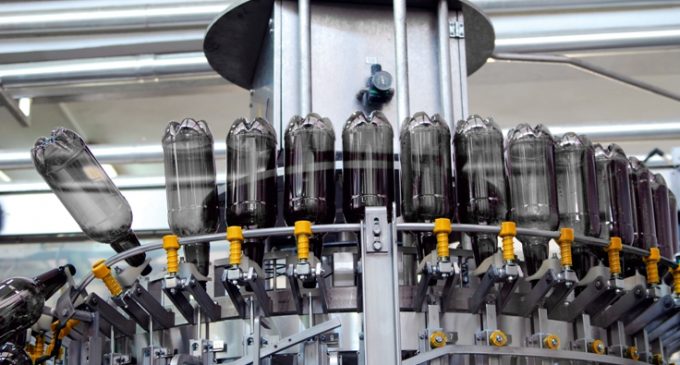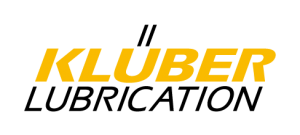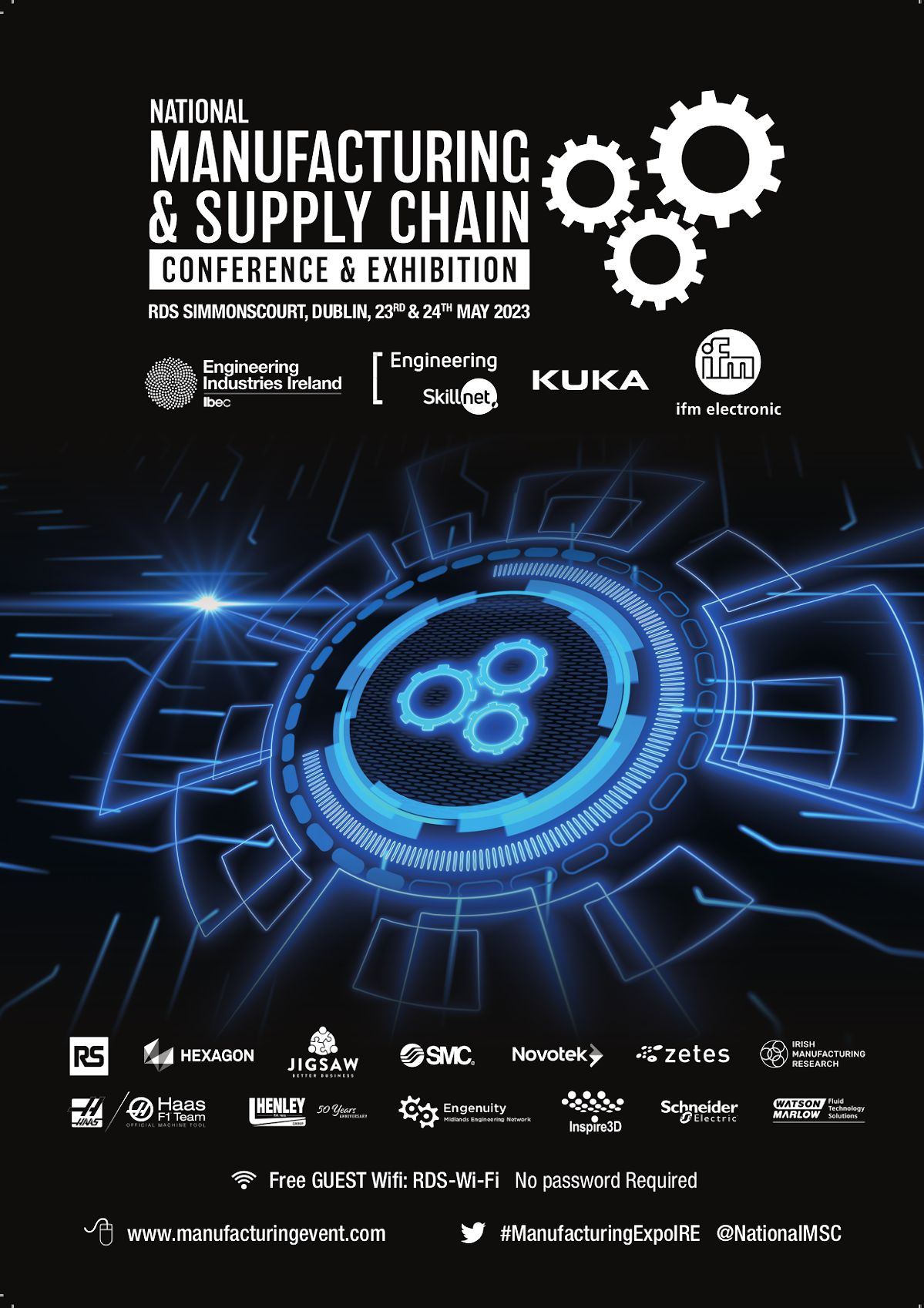Increased Output and Reduced Costs in Soft Drinks Production

An increase in machine reliability and the improvement of lubrication management practices in order to maximise output in one of their plants was the objective of a globally active soft drink producer when they approached tribology expert Klüber Lubrication. One of the plant’s seven bottling lines was chosen for the improvement project. Analysis was undertaken and this developed a comprehensive lubrication plan. Following implementation mechanical breakdown was reduced, while output increased significantly.
Increased Production Output
The plant operates on a three-shift system, 24 hours a day. Theoretical filler speed of the bottling line is 24,000 bottles per hour. Prior to consulting Klüber Lubrication, utilisation was 55%: 1,760 cases were bottled per hour, equalling 42,240 cases a day. Klüber Lubrication went ahead with its proven KlüberEfficiencySupport package. Within nine months, production loss due to machine downtime was reduced from 7.4 per cent to 2.5 per cent, resulting in a substantial increase of production output: throughput increased to 72 per cent, equalling 2,304 cases per hour, or 55,296 cases a day – an increase by roughly 13,000 cases or 32 per cent a day. The increased production capability enabled rapid response to order and delivery schedules and a reduced unit cost of manufacture. In addition, the number of different lubricants was decreased from formerly 47 to 26, resulting in lower storage costs as well as a reduced risk of lubricant mix-up; all without compromising lubricant quality and standards.
Implementation in Practice
The comprehensive approach of KlüberEfficiencySupport includes the lubrication of all equipment throughout the entire bottling line. Klüber Lubrication proceeded in several steps. Based on a comprehensive pre-audit, the objectives to be achieved within a time frame of 12 months were fixed. The exact requirements of all persons involved in the lubrication process were precisely defined for the first time. In addition, intensive training sessions on lubrication matters took place. All this resulted in increased lubricant awareness and increased beverage safety.
 A comprehensive lubrication plan and a food-grade lubrication regime for all lubrication points were implemented. Oil analyses were conducted as part of preventative maintenance programme. In addition, storage conditions for the lubricants were improved. Klüber Lubrication also with an HACCP audit (Hazard Analysis and Critical Control Points) by implementing only ISO21469 manufacturing site H1 lubricants. Constant monitoring during the adjustment period ensured that all measures were fully implemented and, if need be, adjusted.
A comprehensive lubrication plan and a food-grade lubrication regime for all lubrication points were implemented. Oil analyses were conducted as part of preventative maintenance programme. In addition, storage conditions for the lubricants were improved. Klüber Lubrication also with an HACCP audit (Hazard Analysis and Critical Control Points) by implementing only ISO21469 manufacturing site H1 lubricants. Constant monitoring during the adjustment period ensured that all measures were fully implemented and, if need be, adjusted.
Conclusion
This case illustrates the significant influence lubrication has on the efficiency of machinery. Typical operating cost reductions for a food manufacturing plant can be more than £100,000 per annum. Implementation time for an advanced lubrication program is approximately six months, with payback in nine to twelve months. For many food processors it’s worthwhile to partner with Klüber Lubrication in order to analyse and adapt lubrication management practices to reduce costs and increase productivity.




















